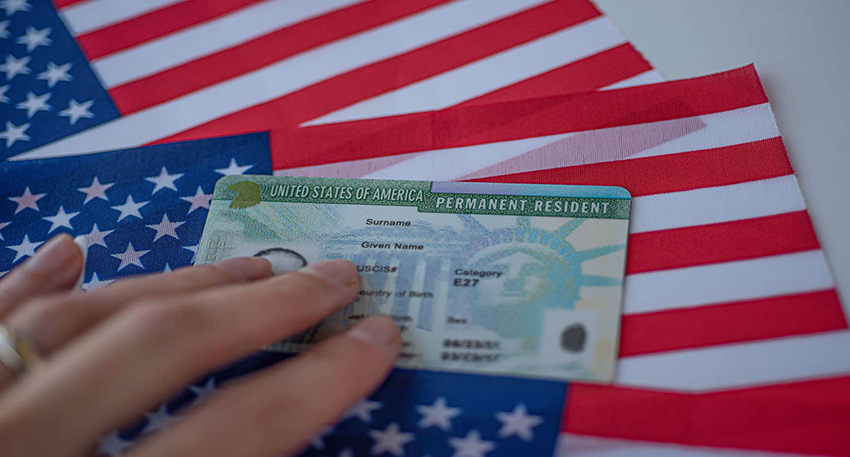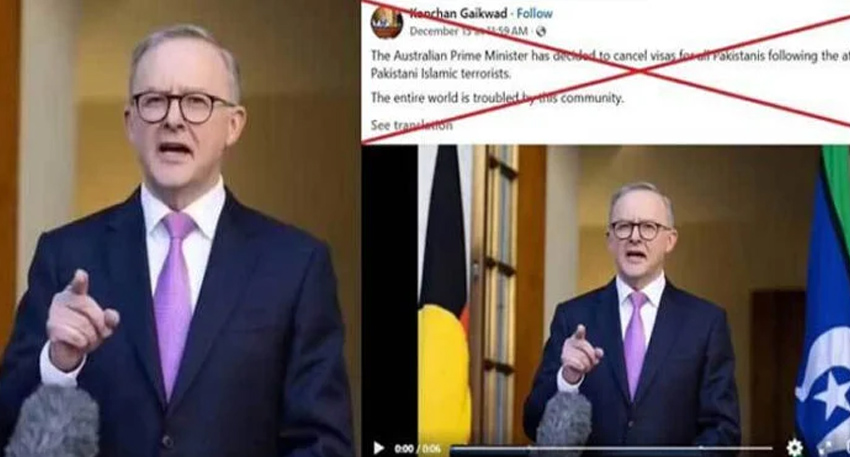
The situation appears when anti-Muslim incidents are on the rise nationwide. United States President Joe Biden’s administration recently announced a national strategy to battle Islamophobia.
The Muslims candidates also include two women who are running for local office in Teaneck, a town of 41,000 residents with a significant Muslim population, as reported by Voice of America (VoA).
As the United States prepares for a presidential election next month, the idyllic New York suburb of Teaneck, New Jersey, is gearing up for elections that reflect a broader trend in U.S. politics.
Teaneck once had a Muslim mayor but never a Muslim woman on its city council.
Reshma Khan, a longtime local activist of Indian origin and a council candidate, is aiming to change that.
"I don’t take that lightly," Khan, 47, said in a recent phone interview from her makeshift canvassing base in Teaneck. "It’s one of great responsibility as a Muslim."
Nadia Hussain, a Trinidadian American high school teacher, is the other Muslim candidate in Teaneck s nonpartisan local elections. She is hoping to be the first Muslim woman elected to the local school board.
Both the hijab-wearing women, everyday working American moms, represent a growing trend of Muslim Americans seeking office, reflecting a larger national pattern of more diverse candidates.
In an interview with VOA, Hussain said, "There is a saying that we have: If you re not at the table, then you re on the menu, so engagement is a must."
Muslims’ political engagement surges
The U.S. has roughly 3.5 million Muslims from diverse ethnic backgrounds. Though most vote Democratic, a growing number have leaned Republican in recent elections.
Muslim elected officials, once a rarity, have become increasingly common in recent years. This surge in political engagement is driven by a mix of factors, from a concern about Islamophobia to a desire for political representation, experts say.
Nura Sediqe, an assistant professor of political science at Michigan State University, said, "If voter turnout of American Muslims is any indication of further political participation, Muslims running for office seems to parallel that trend.”
Some experts trace the surge of Muslim political engagement to 2018, when Ilhan Omar and Rashida Tlaib shattered glass ceilings by becoming the first Muslim women elected to Congress. Their success, coupled with that of numerous local candidates, ignited a wave of Muslim political activism.
In 2023, CAIR, a civil rights group promoting American-Islamic relations, tallied 235 Muslim elected officials, including nearly 50 in New Jersey, home to the largest Muslim population per capita in the country. This year, the group expects the total number to surpass 250, a record.
Local races, like school board and city council elections, account for most of the recent growth. A city council member may not wield the power of a member of Congress, but in a country where "all politics is local," these races can have a huge impact on local communities.
"We say, yes, the presidential election is important, but more important is local elections," Khan said.
A consummate activist, Khan views a future role on the city council as an extension of her activism rather than a political position. Her goal, she said, is to inspire future generations of Muslim women.
"I m not doing this for myself," Khan said. "I am doing this for the Fatimas and the Muhammads and the Ahmads who are going to come 50 years from now."
Candidate aims to challenge stereotypes
Khan wasn’t always a hijabi woman. Born in Chennai, India, she attended a Catholic school. After earning an master s degree in business administration from an Indian university, she moved to the U.S. in early 2001 to take a marketing job in New Jersey.
The terrorist attacks of September 11, 2001, changed her outlook. To challenge stereotypes about Muslims, she began wearing a hijab.
"I wanted to show that there are peaceful Muslims," she said.




